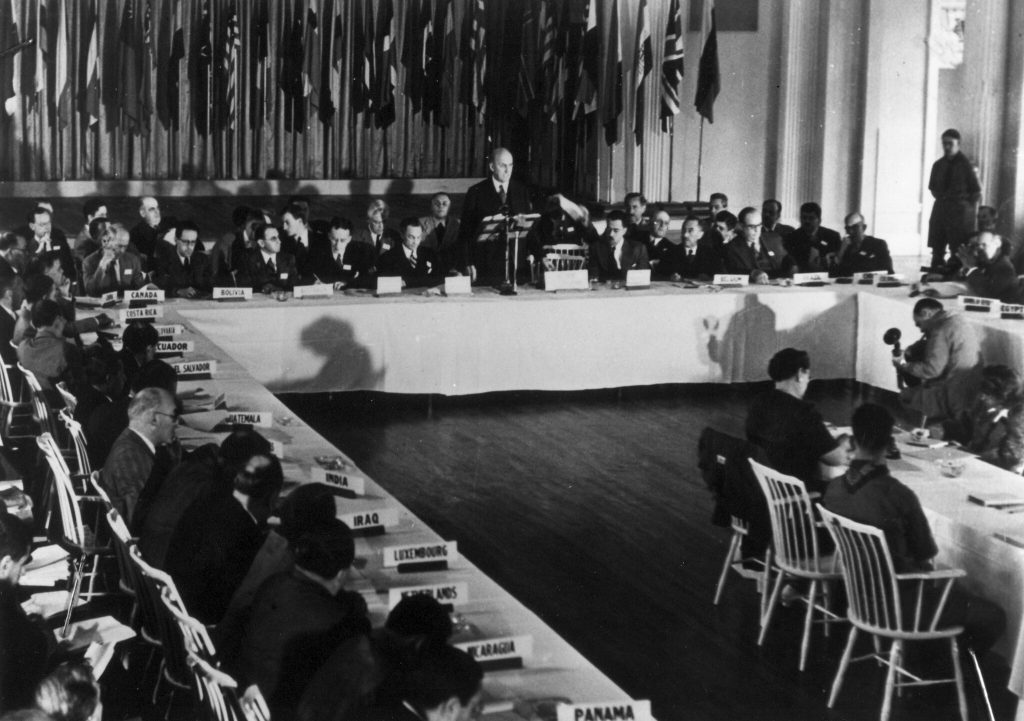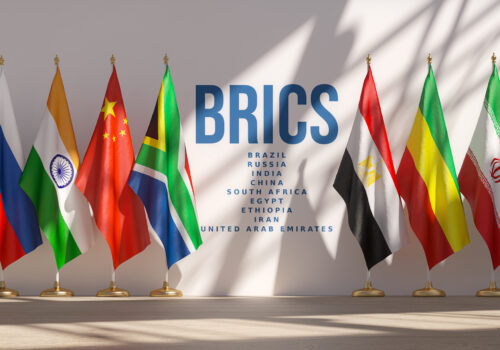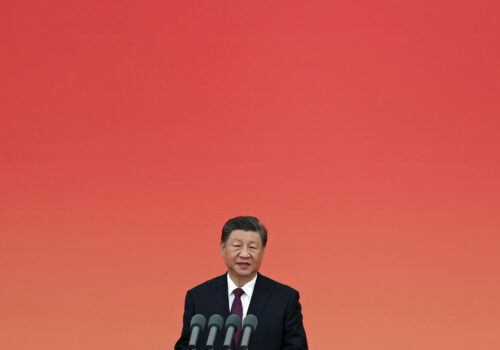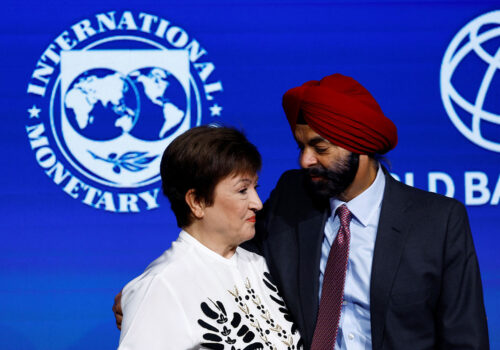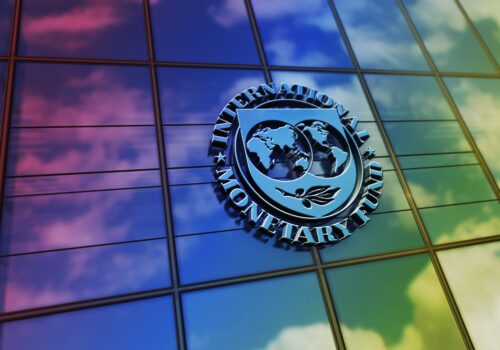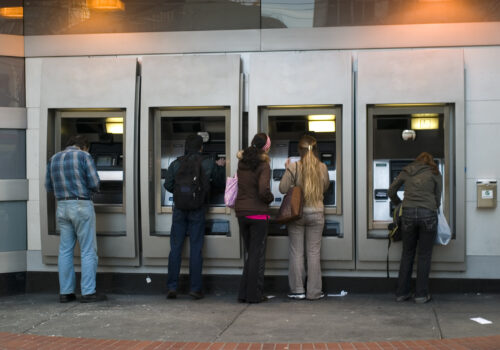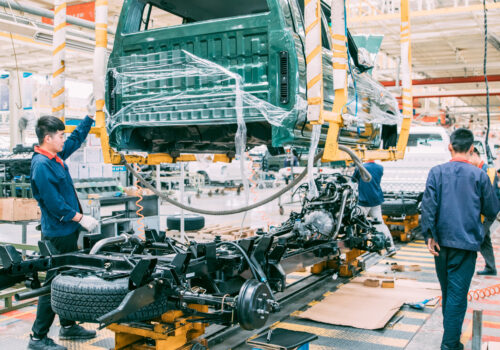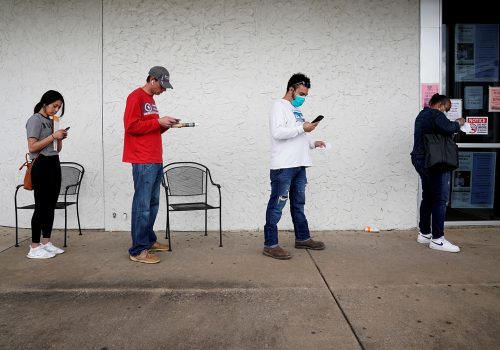The vision crafted at Bretton Woods in 1944 opened markets, boosted trade, and created billions of jobs. The United States’ collaborative leadership paved the way for decades of growth and prosperity both at home and abroad. But that system is aging poorly. After the twin shocks of the Global Financial Crisis and now the Coronavirus crisis, there is an open question of whether capitalism still works. Rising skepticism about the value of international cooperation and global trade means people are turning inwards for answers – towards protectionism and isolationism.
The GeoEconomics Center will come at this challenge with the core principles that free markets and international cooperation provide the best structure to enable human potential, but it is time for capitalism to evolve.
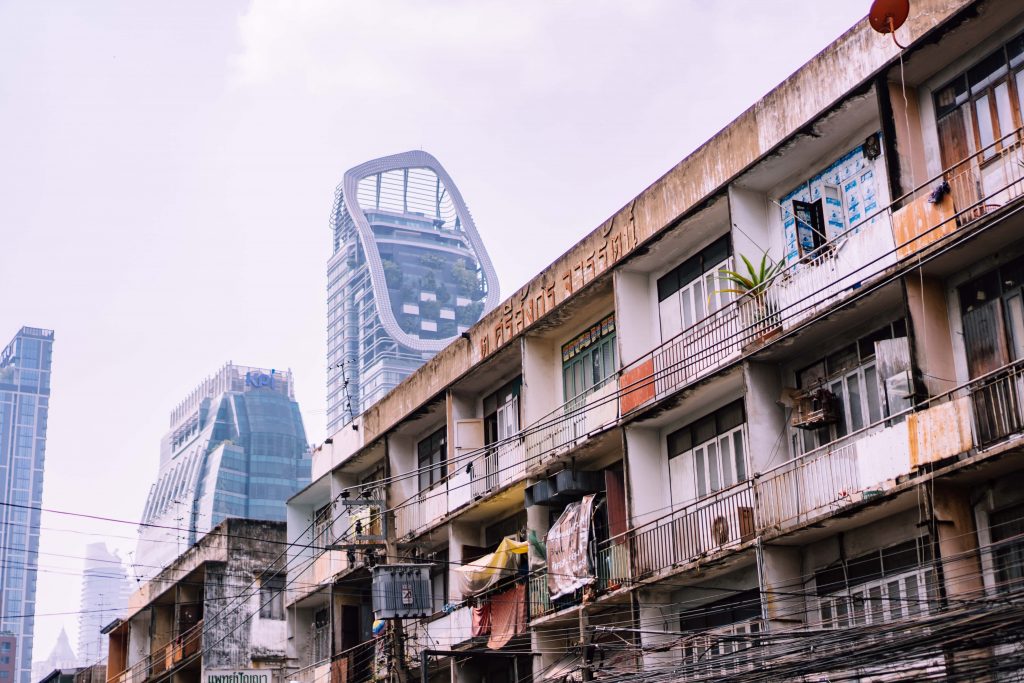
On the domestic front, the GeoEconomics center will establish The Inclusive Growth Project in order to show how advanced economies can once again achieve widespread prosperity in the post COVID-19 world. The project will examine the economic fractures which existed before COVID-19, including the rise of wealth, income, and intergenerational inequality within advanced economies. Our work will assess the consequences of aging demographics, low productivity growth, and automation on countries’ growth potential.
On the international front, the GeoEconomics Center will establish The Bretton Woods 2.0 Project. Through research and convening we will build a blueprint for reform of the Bretton Woods Institutions, with a focus on adapting to the rise of China. The project will ask three fundamental questions: Do the IMF, World Bank, and WTO each serve the purpose for which they were created? How can they be reformed? Would different institutions work better?
